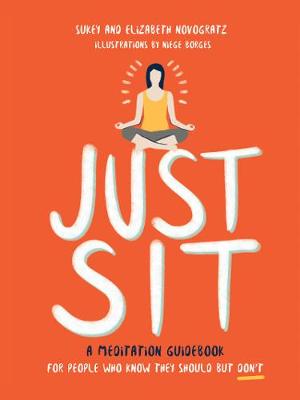
lovelybookshelf
After the first two chapters, though, I was already frustrated. Exaggerated health claims came across infomercial-like at best, ableist at worst. There are no notes/citations to back up any of the claims in this book. If you're going to make huge claims with phrases like "studies show", you need to cite that and give readers a way to look into those studies further, to find out how they were conducted, what the sample size was, etc. Because there are plenty of junk "studies" out there. (See Ben Goldacre's book Bad Science.)
There were also a heck of a lot of microaggressions that appeared under the guise of humor, including jabs at taking medication for one's mental health, and other portions of the book that were flat-out appropriative. It didn't seem purposeful; it was more the kind of oversimplified advice and insensitivity that comes with a *lot* of privilege.
That being said, Chapter 3's "8 Weeks to Build a Practice" section is very useful. Think of it like Couch to 5K plan for meditation. Chapter 5, which talks about body positions and comfort, is also informative. And "Exercises in Mindfulness" in the last chapter was helpful as well. There are definitely good, solid suggestions to glean from this book.
But I couldn't help but feel that JUST SIT is aimed at a far narrower range of people than the authors intended or hoped. If you're brand-spanking new to meditation, cishet and abled, and/or upper middle class or higher, I think you'll enjoy this book and learn a lot from it.
If you're an intersectional feminist, belong to a marginalized group of people, and/or sometimes (or often) struggle to make ends meet, I'm not convinced there's enough here to make the book worth your time and energy. There's a good chance it'll feel more like a self-help book with out-of-touch advice (check out the free app
Insight Timer instead).
